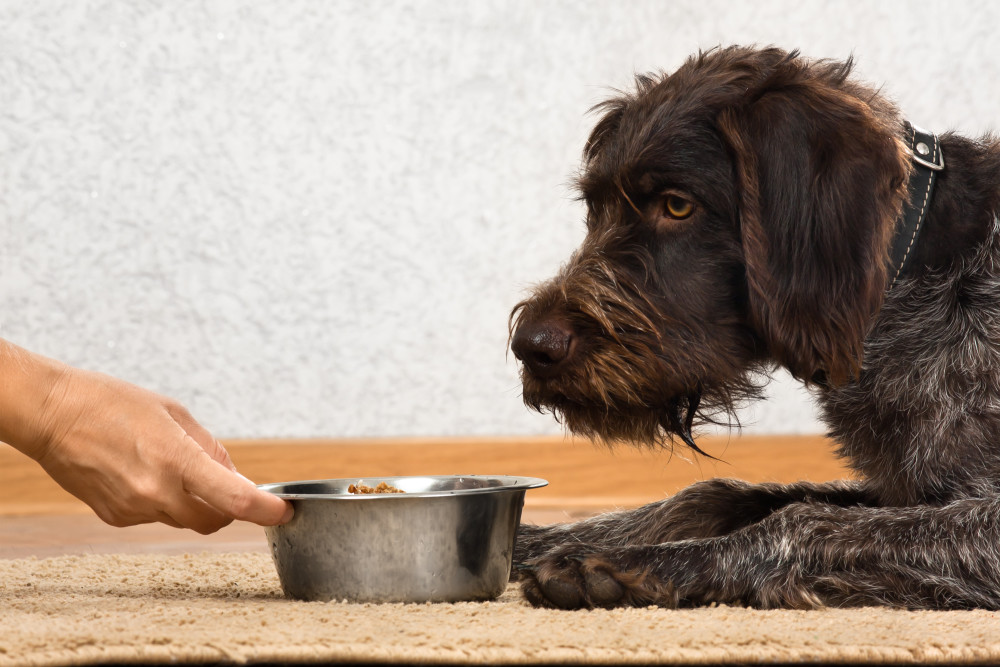
Health
Ask a vet: Should dogs eat raw food?
A raw food diet is a specialized diet trend that some dog owners believe help with shinier coats, healthier teeth and better energy in their beloved canines. However, there are a few important things to know before considering this specific type of meal plan.
First off, most professionals are against the diet. The American Veterinarian Association, the Canadian Veterinary Association, the FDA in the U.S., the Center for Disease Control and the American College of Veterinary Nutrition all have distinct position statements against feeding pets raw food diets.
Dr. Walt Ingwersen, a vet with almost 40 years of experience, explains what it’s best to avoid feeding your dog a raw meat diet.
What is a raw food diet?
The raw food diet is a meal plan for your dog that consists of uncooked ingredients. This can include meat, carbohydrates or vegetables. There’s a whole host of different meats that can be presented in a raw format such as pork, beef, chicken or fish.
Are there benefits to the raw food die?
The raw food diet is, in theory, based on what the dog would eat in the wild, and therefore would be more reflective of the dog’s nutritional needs. Because the meat is uncooked, some believe it’s more nutritionally sound and provides nutrients, like natural enzymes, that would otherwise be destroyed in the cooking process.
Are there dangers in feeding your dog a raw food diet?
While a raw food diet might sound legitimate in theory, most vets won’t recommend it.
“The first thing you’ll see when you look at this information online is that all of the pundits that are for raw food diets provide this information from an anecdotal point of view,” Ingwersen explains.
No published findings have proven that raw food diets benefit domesticated animals. In fact, there’s more research to show that raw food diets can be harmful for animals and their owners.
One of the major concerns with feeding your dog a raw meat diet is not knowing how it was handled prior to consumption. Raw meat is a prime carrier of foodborne illnesses, like salmonella. Contamination that leads to a sick dog could also transfer onto its human, through infectious diseases known as zoonoses.
Another thing to consider with the raw meat diet are the nutritional consequences. Dogs that are fed a raw meat diet are prone to developing a condition called “all meat syndrome”.
Meat is very high in phosphorus, which could affect the body’s balance of minerals and, in turn, how it functions. The body will recognize too much meat as an imbalance. It will try to sort it out by activating the parathyroid gland, which keeps calcium and phosphorus in check. This will leach calcium out of bone and into the main body circulation to offset this high phosphorus level.
When this happens in dogs, they develop rubber-like bones, which are devoid of minerals but still have the connective tissue. This is often referred to as “rubber jaw”.
What's the best food to feed my dog?
If you’re looking for a diet that’s right for your dog, Ingwersen suggests using cooked ingredients and consulting your vet.
“If you don’t want process food for your dog, you can cook food at home but it just needs to be cooked and nutritionally balanced,” he says. “You should be using a recipe and get your veterinarian’s advice on what is a complete meal for your dog.”


